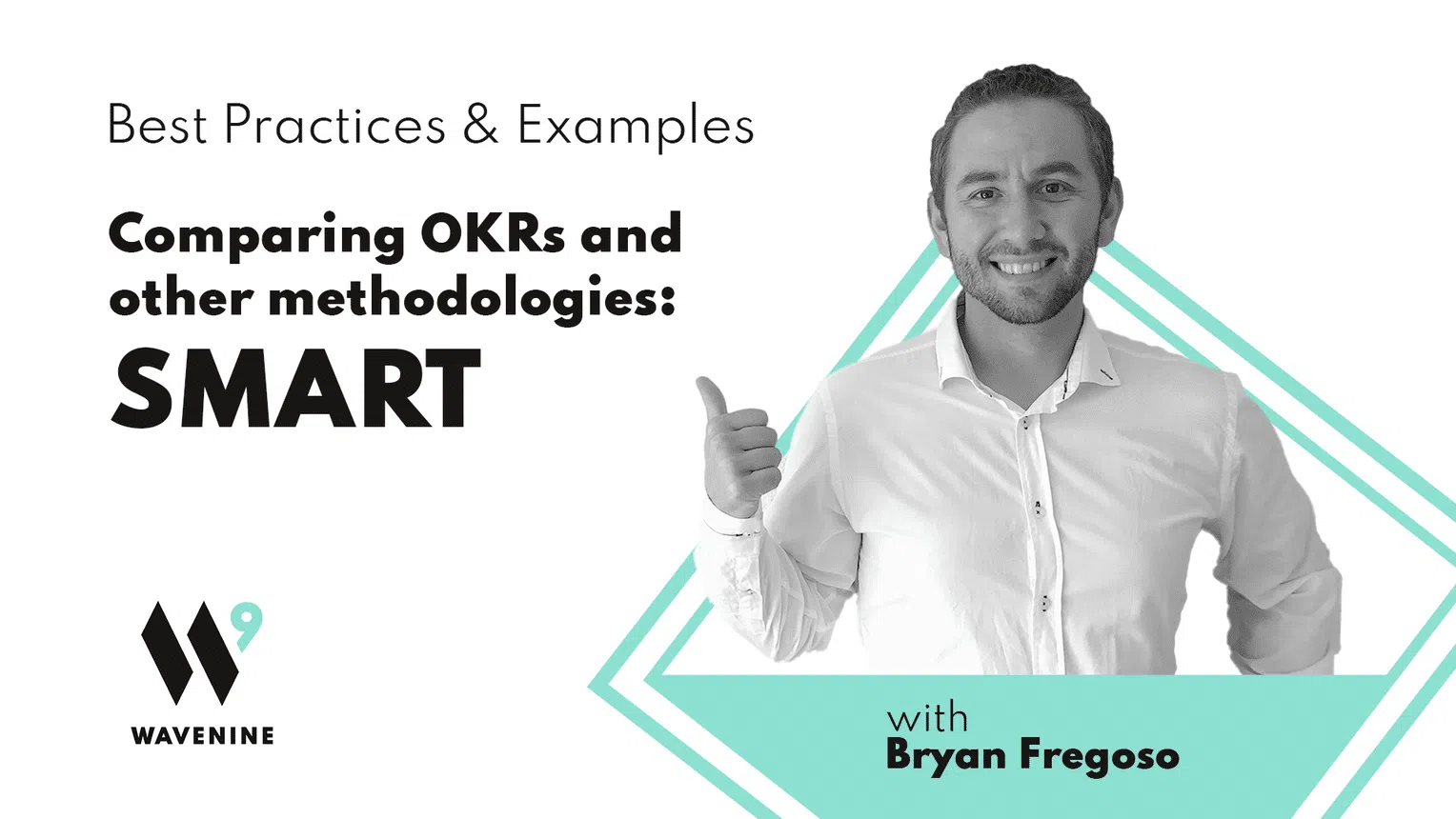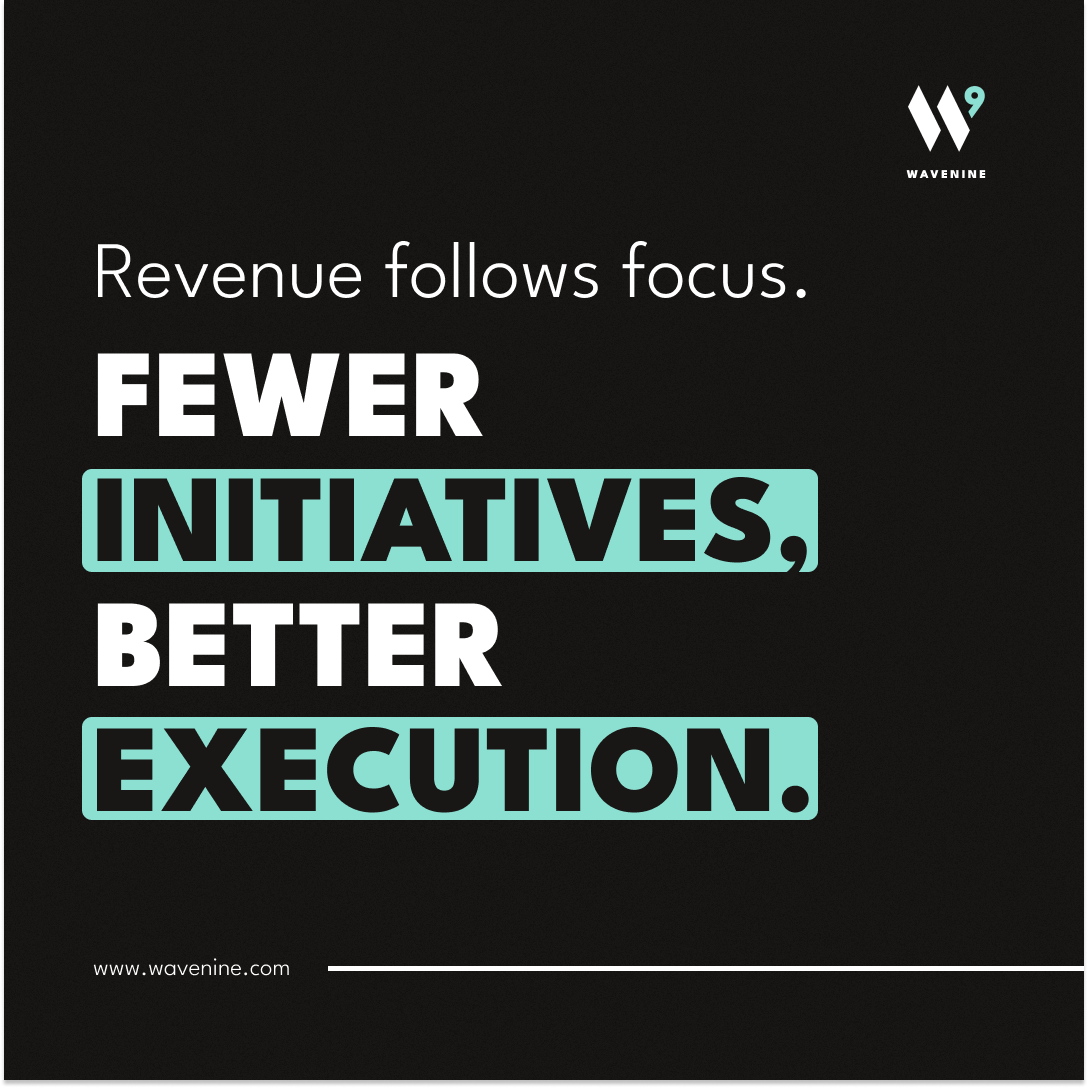SMART Goals vs. OKRs - What’s the Difference?
Discover the key differences between SMART goals and OKRs—why OKRs offer specificity, aspirational targets, quarterly cadence, and stronger alignment for achieving business goals. ChatGPT fragen

We’ll compare SMART goals and objective and key results (OKRs) as approaches for goal-setting.
You’ll discover the key differences between these two methods, and why OKR framework provide specificity, aspiration, and clear progress tracking metrics.
You’ll also learn the importance of timing, task definition, and organizational alignment in the implementation of OKRs, which ensures business goals are achieved.

SMART goals are broken into 5 categories:
Specific – Clearly articulate and outline your goal, what you wish to achieve or improve
Measurable – What measurements will you use to track your progress
Achievable – Ensure you can be successful in achieving your goal with your current resources
Realistic – Considering the goal you set, is it realistic that you will achieve your target?
Of course!
We always want our OKRs to be realistic, but… We strive for the best possible result, not the most realistic one
Timely – Considering your Goals, what is the timeframe you need to hit your target?
We strive for Quarterly OKRs, but more importantly, we want them embedded in your workflow!
SMART Goals
Clear and concise statements play a vital role in driving success.
By communicating with clarity, we ensure that everyone is on the same page and working towards common business goals.
Outcomes provide a directional focus, guiding our efforts towards desired results.
It’s important to always aim for the best possible outcome, pushing ourselves to reach new heights.
With clear, concise, and ambitious business goals in mind, we can pave the way for exceptional accomplishments and create a path to success.

Other Articles
Get the inside scoop on OKRs
Sign up to our newsletter to get OKR tips, tricks, and insights delivered directly to your inbox!



